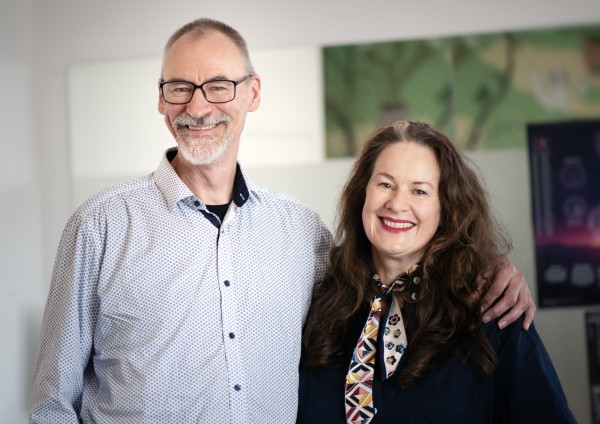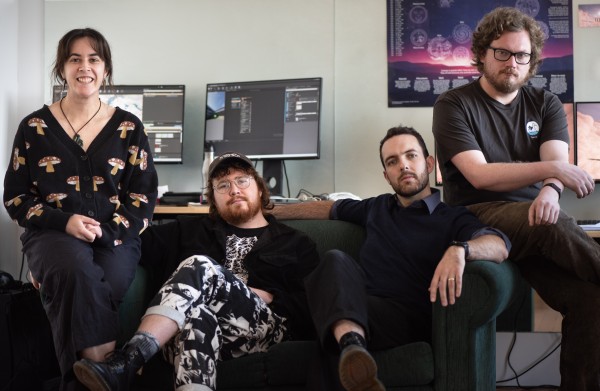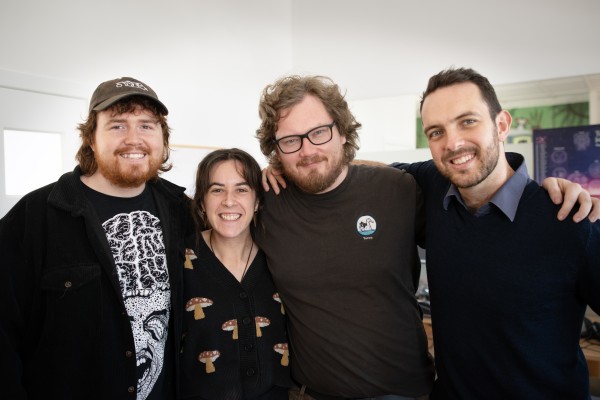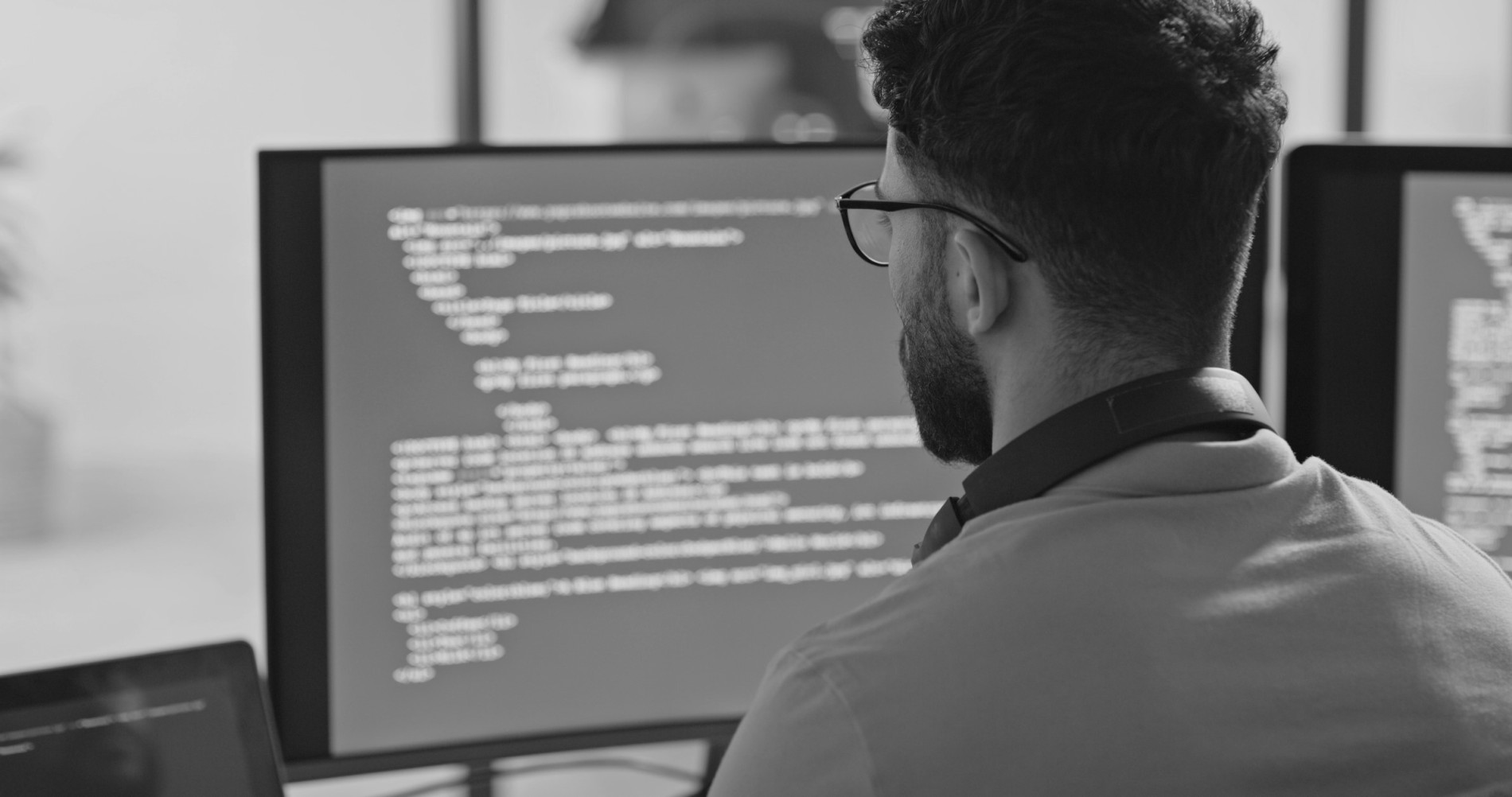The coldest places are often the most creative. Renowned for its rich cultural heritage, fashion and dynamic local music scene, Ōtepoti Dunedin has always been a hub for artists and innovators. Lisa Blakie, who teaches aspects of game development at the University of Otago and Otago Polytechnic and is a co-director of game studio Atawhai Interactive, agrees that the city has always had a creative atmosphere. Now the digital realm has become “another branch of that creativity” and the sector’s rapid growth is having a direct impact on the broader Otago community.
Dunedin was chosen by the previous Government to be the location for the Centre of Digital Excellence (CODE), a hub that would help create a sustainable game development ecosystem. Chief executive Tim Ponting, who has worked in the industry for over 35 years, says the key word there is ‘sustainable’.
There were game studios in Dunedin before CODE was established in 2020, like Runaway Play and Balancing Monkey Games, but around the same time this proposal was being discussed the biggest of them, Rocketwerkz, was in the process of closing down its southern studio and moving to Auckland.
Ponting says this had the potential to badly affect the local industry as staff would have had to move to keep their jobs and stay in the sector, but instead, because of the public and private investment into CODE, those developers saw an opportunity to stay in Dunedin, set up their own businesses and test their ideas.
“Now we have 25 plus active studios,” says Ponting. “A lot of them are small, like 2 or 3 people, but it’s given rise to over 120 jobs that wouldn’t have been seen in the city without CODE starting.”
Enterprise Dunedin’s economic advisor Chanel O'Brien says that since CODE launched, Dunedin has moved from 4th to 2nd place in New Zealand for the number of game development studios. It’s also the fastest growing location for game development in Australasia in terms of percentage growth.

Image: Tim Ponting and Chanel O’Brien
Since 2018, the share of the local economy that is made up of knowledge-based industry has grown to 38%, exceeding the New Zealand average of 33%. Added to that, 13% of CODE-enabled games feature Māori content and the proportion of Māori and Pasifika team members is at 10%, compared to the industry average of 3%.
Guidance from mana whenua through Kaupapa CODE, an innovative Regenerative Design framework developed by Māori creatives in collaboration with the project team, underpinned the early work. And embedding Te Tiriti o Waitangi and Tikanga Principles into the constitution and shareholders’ agreement was also a vital step to ensure it had the mandate from Te Rūnanga o Ōtākou and Kāti Huirapa Rūnaka ki Puketeraki and would eventually increase the number of Māori employed in the sector.
Along with the question of ‘why Dunedin?’ another question Ponting regularly gets is ‘why does game development need public funding when other industries don’t?’
He says every country he has worked in with a vibrant game development sector has required some degree of public investment and, in his view, that has generally led to a great return — both economically and creatively.
“Gaming sits in an uncomfortable area between entertainment and technology, generally speaking, and this gives rise to a lot of problems. You have to build a product pretty much in its entirety to test its validity in the marketplace. That means it’s high cost and high risk from a private capital perspective.”
Importantly, he says, for every dollar of public funding distributed by CODE, it has raised another $2.50 through other means (or almost $8.5 million in total) from game publishers, venture capital firms, angel investors or shareholder investments.
And while this funding for projects was a big drawcard for developers, Ponting says a crucial piece of the pie was setting it up with the right people in place so that they could provide mentorship, guidance and connections — even to those who were unsuccessful with funding applications.
Blakie, who also used to work at Runaway Play, says “game development is constant learning and constant iteration. Nothing goes right the first time … The funding is great, obviously, but the support they wrap around that is phenomenal. [Industry development manager Vee Prendergast] and Tim have decades of experience, so they know the inner workings.”
Blakie is a good example of the symbiotic nature of CODE and the importance of creating a link between academia and industry. Otago Polytechnic’s courses are focused on game production, with artists and programmers coming together to create games, while the university is more focused on creative writing for games, which is her area of expertise.
“For industry people like myself, and others, teaching students how it works, then having connections to get them jobs is super rewarding.”

Image: Atawhai team
She says plainly that Atawhai Interactive and its game Toroa: Skycall — a relaxing flight game where you play as an albatross - wouldn’t exist without CODE. The studio received funding to develop a prototype and received more funding to continue the development process. It also received funding from the Ministry of Culture and Heritage and the game, which is set in Ōtepoti Dunedin (“as well as the giant Pacific Ocean”), is set to be released this year.
While Ponting says the majority of successful applicants for CODE funding are homegrown, it has definitely attracted more people to Dunedin. The co-founders of Cheese Berries studio tried to build a small studio in Auckland, but didn’t get any traction, so they applied for funding through CODE. They were successful but needed to move to Dunedin to access it.
“They’ve loved every minute,” he says. “They’re great ambassadors, they talk about their experience quite openly, about how welcoming it’s been and how easy it’s been to build their business here.”
For Ponting, the beauty of CODE - and a major reason for its success - is that it was designed specifically for games and specifically for Dunedin. People with a huge amount of experience were recruited to put it together and all of the partners have been in alignment on the goals. That investment into creativity has led to a very meaningful economic cluster and a very meaningful impact on the city.
“I think we even surprised ourselves with what we’ve managed to do and others with more experience in regional economic development say the speed with which this has been achieved is almost unprecedented,” he says. “... It’s a team effort and I’m personally very proud of what we’ve managed to create.”
O’Brien agrees that the investment into creativity has now helped turn the city into a destination for game developers and development studios. Auckland-based Method Digital chose Dunedin to launch its satellite studio, and other large studios regularly visit for scouting purposes. Wicked Art Studios has also relocated to Dunedin.
Deepfield Games, which is led by successful US indie developer Geoff Keene, chose Dunedin as its base and Ponting believes its next project will “at least be a moderate global hit, but could be a massive global hit”.
O’Brien and Blakie both point to a studio called Spooky Soft as one of their favourite examples of CODE-related success. It makes games primarily for kids and Blakie’s favourite is Animal Tracks, where players make a song out of native New Zealand animal noises.
The success of CODE and the growing popularity of games across a range of demographics is changing the way people in Dunedin talk about the industry, Blakie says. There are still some lingering erroneous stereotypes, but given that gaming is now a bigger industry than music and film combined, it is increasingly seen as a legitimate career path.
Image: Atawhai team
“Talking to teachers and parents, the awareness that game development is something you can do with your career and creative practice has changed a lot over the past ten years and that’s been enhanced through CODE. Now there are so many different pathways.”
Blakie says Runaway Play has a pipeline of interns who have studied at Otago Polytechnic who are now going into jobs there and one of the students she taught was in a team who just got funding through CODE.
A company called Usual Suspects is also paying it forward and teaching local kids game development skills at a school in Green Island — and all on a voluntary basis.
“Our goal is to be sustainable and to continue doing this forever,” says Blakie. “And the people we talk to want the same thing. We love living here and we want to foster the local scene. That’s what CODE encourages and supports.”
It has also supported the sense of community and that has really ramped up since CODE launched, she says.
“Everyone is so supportive and wants to share all the learnings with each other. There’s no gatekeeping … Prior to CODE, we used to have game dev meetups, which was basically just a few of us going to the pub. We still do that, but the group of people hanging out at the pub has quadrupled.”
She says a number of local writers working in other mediums have shown an interest in games. And the creativity being fostered there is also flowing out into the wider community, with the Blue Oyster Art Project Space introducing contemporary artists to skills that could be transferable to games, and a partnership with Dunedin Dream Brokerage, a group that “brings life into empty urban and retail environments”, potentially enhancing the city with digital art.
While games are already big business, Ponting believes the next big opportunity for CODE, and for Dunedin, is in digital interactive health. The first fully digitally enabled hospital in the Southern Hemisphere is being built in the city right now and there’s a big change process happening across the health sector.
“Game technology and game methodologies are really suitable in many cases for health applications,” he says. “They can be cheaper, very powerful and quick to prototype and get to market. Developers also have a good understanding of the psychology of getting people to do something and can potentially help them enjoy the experience of interacting with it.”
Due to its success, CODE has recently expanded to become a national organisation after receiving additional funding from MBIE. Ponting says it will deliver programmes that can be scaled up to other regions, but some funding is ring fenced to continue Dunedin’s gaming growth.
Blakie believes it’s a great model to follow and she’d love to see game development start to thrive in other places.
“All you need is a computer, an internet connection and some creative thoughts. But the main thing is having the support systems accessible to everyone. It’s really exciting. I don’t see [going national] as a threat, I see it as potential for more stories to be told. We can create communities like we have in Dunedin.”
This series, bringing to life the benefits of local arts and culture investment, was created in partnership with Creative New Zealand Toi Aotearoa.
